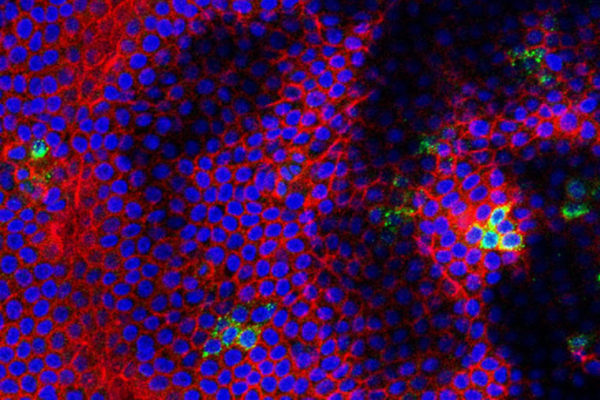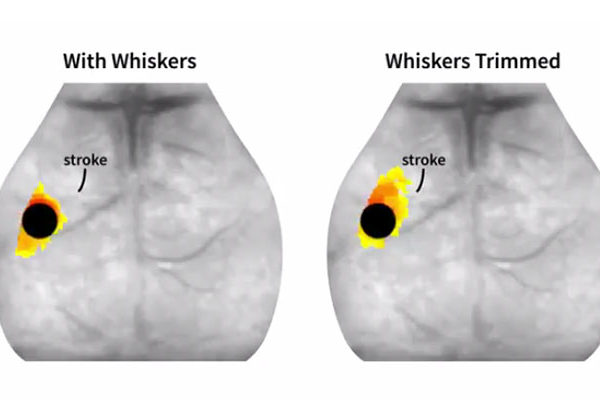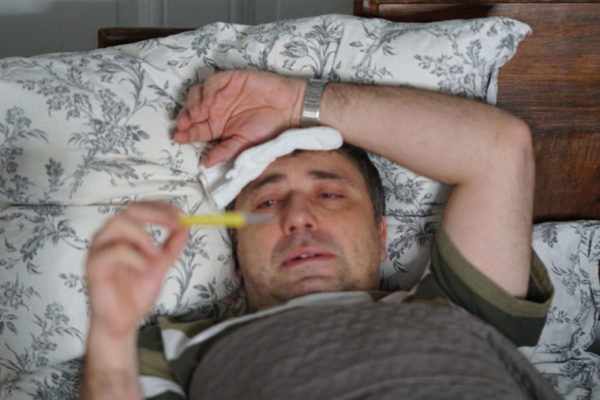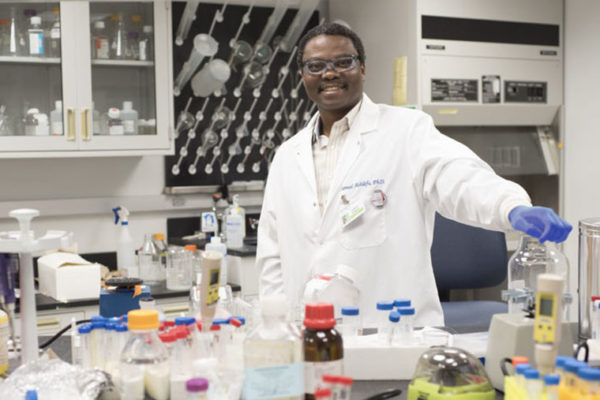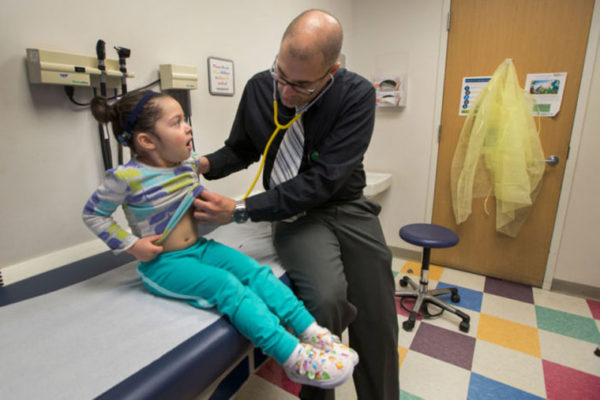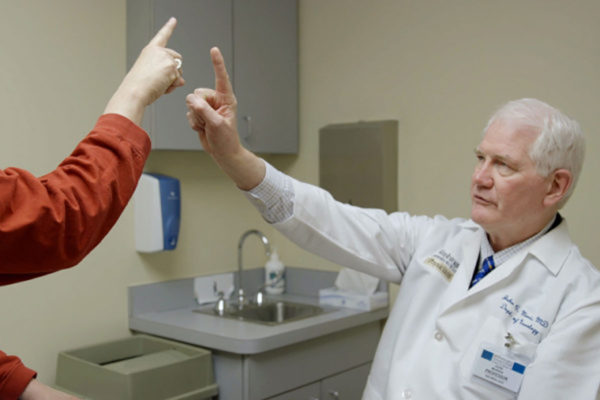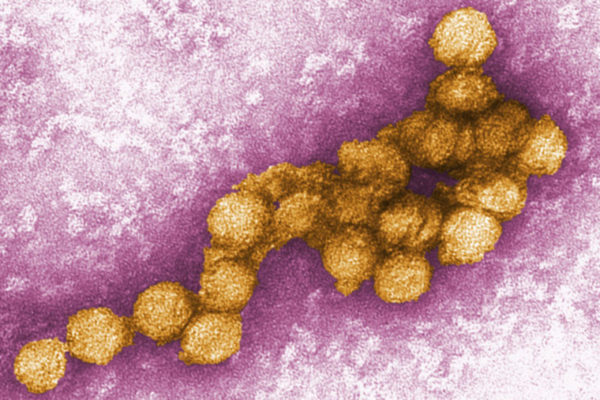The importance of cultural intervention in mental health care
The first study to examine the initial impact of a culturally-adapted health care manager intervention aimed at helping Hispanics with serious mental illness, led by Leopoldo Cabassa of the Brown School, finds the intervention shows potential for improving health outcomes for Hispanics.
Like Zika, West Nile virus causes fetal brain damage, death in mice
Two viruses closely related to Zika – West Nile and Powassan – can spread from an infected pregnant mouse to her fetuses, causing brain damage and fetal death, according to a new study from the School of Medicine. The findings suggest that Zika may not be unique in its ability to cause miscarriages and birth defects.
Stroke recovery improved by sensory deprivation, mouse study shows
Temporarily shutting off neuronal signals to a healthy part of the brain may aid stroke recovery, according to new research in mice from Washington University School of Medicine in St. Louis.
ID’ing features of flu virus genome may help target surveillance for pandemic flu
A pandemic flu outbreak could kill millions. Now, School of Medicine researchers have found features of the virus’ genome that influence how well it multiplies. The findings could help target pandemic flu surveillance efforts to make it easier to find the next outbreak before it spreads widely.
Body clock disruptions occur years before memory loss in Alzheimer’s
Washington University School of Medicine researchers have found that circadian rhythm disruptions occur much earlier in people whose memories are intact but whose brain scans show early, preclinical evidence of Alzheimer’s.
Sun Pharma Advanced Research Co. commits $10 million to drug development
The School of Medicine is joining with Sun Pharma Advanced Research Co. (SPARC) to support new drug development through the university’s Center for Drug Discovery and the Skandalaris Center for Interdisciplinary Innovation and Entrepreneurship. SPARC will provide $10 million to fund the Skandalaris Center’s LEAP Inventor Challenge and provide drug development expertise to researchers pursuing the commercialization of new pharmaceuticals.
Light as a weapon against metastatic cancer
The School of Medicine’s Samuel Achilefu and colleagues are working to develop a novel cancer therapy that uses light against tumors that have spread.
Genetic lung disease’s molecular roots identified
Using cells from children diagnosed with primary ciliary dyskinesia, a genetic lung disease, School of Medicine researchers have figured out how mutations disrupt the clearing of the airways.
Major Alzheimer’s study aims to predict who will develop the disease
A long-term study of adult children of Alzheimer’s patients — led by the School of Medicine — aims to define who is likely to develop the disease and when, and to establish a timeline for how quickly the disease will progress.
Memory loss from West Nile virus may be preventable
People who survive brain infection with West Nile virus can have neurological problems long after the virus is gone. A new study in mice suggests unresolved inflammation may be the reason.
Older Stories

